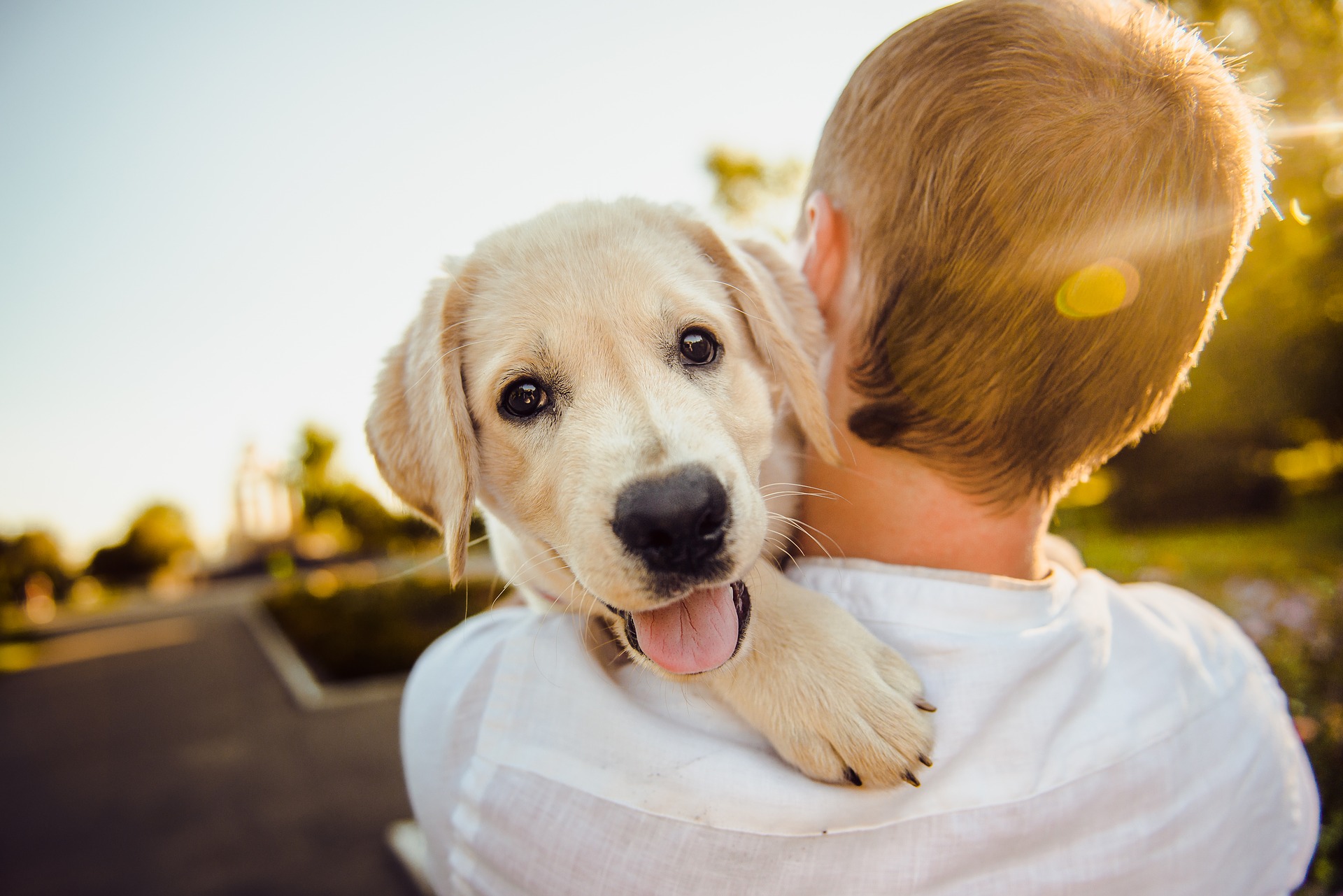Puppy Vaccination Guidelines
Getting a new puppy is a very exciting time for anyone, but it’s also the time that requires you to be most on top of preventative care to make sure they grow up happy and healthy! Vaccinations are one of the safest, most effective ways to prevent very serious illness in your puppy and to protect human health. They are an important part of the first few wellness visits with your veterinarian.
Vaccines work by strengthening the body’s own immune system to fight pathogens (usually a virus or bacteria) by first exposing it to a modified or killed version of the pathogen. By being previously exposed, the immune system can mount a faster and more effective response to pathogens resulting in either the prevention of disease altogether or at least a less severe infection.
Another important part of the timing of puppy vaccines is the fact that the mother transfers what are called “maternal antibodies” to the puppies, which act to protect the puppies from disease until their own immune system is more developed. While this is of course very helpful for keeping a newborn pup healthy, it does make finding the correct timing for vaccination a little tricky.
This ties into why we need to vaccinate your puppy several times. The maternal antibodies that they have circulating from their mother make vaccines less effective. As a result, because there is no way to know for sure when exactly the maternal antibodies will have left the puppies system, we need to give several vaccine boosters to make sure we are providing immunity and not leaving a window open for infection. Generally maternal antibodies are low or depleted by 8 weeks, so we start there. But it is possible that they can last longer which is why we do vaccines at the 12 and 16 week mark as well to make sure protective immunity is achieved.
In recent years many breeders have begun vaccinating puppies at the 6 week mark. While this is surely done with the best of intentions, because of the presence of maternal antibodies that would still be in the puppy’s system that initial vaccine will more than likely be ineffective. This is the reason that your veterinarian will most likely still recommend vaccinating at the 8, 12 and 16 week mark regardless.
Another common question we frequently get about vaccinations is whether or not they will be necessary if your dog doesn’t go out very often, or doesn’t go to areas that are highly trafficked by other dogs. While your puppy may be at a lower risk of contracting disease there are still risks for exposure and prevention is still important. Many viruses and bacteria can be tracked into the home on shoes or clothing, or other animals can enter the yard. Additionally when it comes to diseases that are a human health concern as well, such as rabies, it can make a significant impact on their medical management if your dog ever happened to bite a human.
What would be considered a core vaccine may vary depending on the area you live, but in Alberta veterinarians typically recommend giving the DA2PP vaccine (Distemper, Adenovirus, Parvovirus and Parainfluenza), Rabies and Bordetella (more commonly known as kennel cough).
A common vaccine schedule for a puppy looks like the following:
8 weeks – DA2PP
12 weeks – DA2PP booster and Bordetella
16 weeks – DA2PP booster and Rabies
Once these initial vaccine series are complete we recommend boostering all three in one year. For most healthy adult dogs we can then give Bordetella yearly, and Rabies and DA2PP every 3 years after that.
Another benefit to seeing your veterinarian several times during the first few months of life is that we are able to pick up on any health issues early, make sure that your puppy is on the right track for development and to provide advice about appropriate nutrition and socializing. A discussion with your veterinarian will help determine the best time to schedule vaccines and wellness exams to make sure your puppy is set up for success!
Ford, R.B, Larson, R.J, McClure, K.D. 2017 Canine Vaccination Guidelines. American animal hospital association. 2017.





